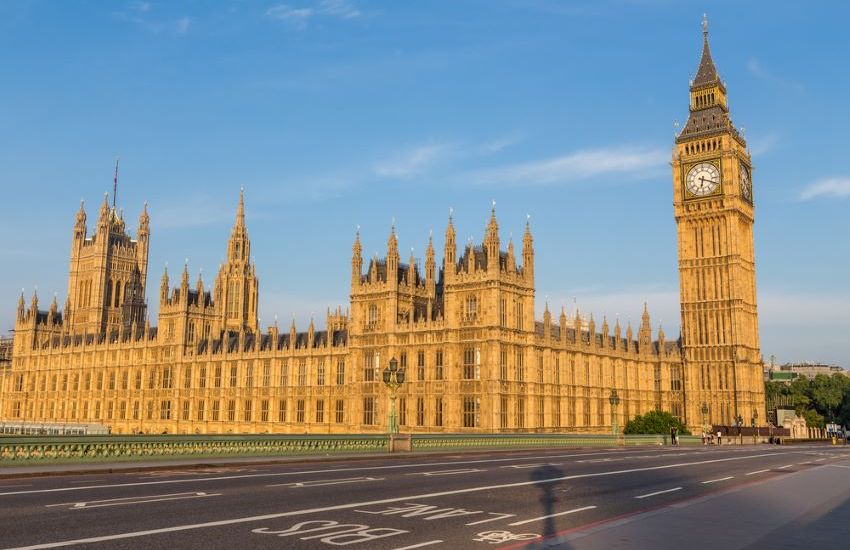


Some members of the House of Lords exasperated with the Governments’ lack of consultation with the Crown Dependencies over its Rwanda deportation bill have pressed the Conservatives to not throw “all constitutional conventions to the wind”.
The Safety of Rwanda (Asylym and Immigration) Bill, which seeks to remove illegal immigrants to Rwanda for settlement if they are denied asylum in Britain, has suffered heavy defeats in the Lords with several amendments due to be considered in the Commons on 15 April.
Government ministers have now promised to consider the Channel Islands and Isle of Man going forward after failing to consult during the drafting stage, inserting a clause that allows the laws to be extended to the islands.
At the report stage in the upper chamber on 6 March, Labour peer Lord Falconer accused the Conservatives of not treating the islands “with the usual constitutional respect.
“What is it about this Bill that makes the Government think that they can throw all constitutional conventions to the wind?”
Lord Stewart of Dirleton, the Advocate General for Scotland, insisted that “Home Office officials meet the Justice and Home Affairs department officials of Jersey and officials from the Isle of Man and Guernsey on a regular basis”.
But he said, while updates were given on the Illegal Migration Act and the Safety of Rwanda Bill, “due to the tight timeframes leading up to the introduction of the Bill, the Home Office was unable to engage in advance”.
Lord Stewart added that the Government remains “committed to consulting the Crown Dependencies on legislation that might impact them”, and said talks have taken place since the Bill was published.
Liberal Democrat Lord German said this explanation amounted to “we were in such a hurry that we didn’t have time to follow our own rules".

Pictured: There are several hurdles ahead for the Prime Minister's flagship immigration policy.
The Bill was reconsidered by the Lords on 20 March after the House of Commons rejected 10 amendments
Lord German said he had received assurances that blindsiding the Crown Dependencies “would not happen again, because basically, it must not be a precedent".
Lord Sharpe of Epsom reiterated that the Government “remain committed to consulting the Crown dependencies on any legislation which might affect them, including on the inclusion of a permissive extent clause”.
These clauses can be included in UK bills which allow laws to be extended to the islands if agreed by the respective parliaments. But a key convention is that the UK fully consults the islands before PECs are included.
Its inclusion does not automatically mean the law will be extended, but the power to do so is reserved.
The States of Guernsey have pledged to hold a firmer line to the UK government on its promises and actions with respect to consultation.
And on 28 March the Justice Select Committee published a report acknowledging failings in the constitutional relationship with the Crown Dependencies which stretch beyond legislation into trade negotiations.
It calls for greater representation at the table during negotiations, and for the Ministry of Justice to initiate dialogue with the islands to smooth over concerns as a matter of urgency.
The fact that report was distributed to the local media by the UK Government and not the island’s respective governments is a welcome sign.
Comments
Comments on this story express the views of the commentator only, not Bailiwick Publishing. We are unable to guarantee the accuracy of any of those comments.